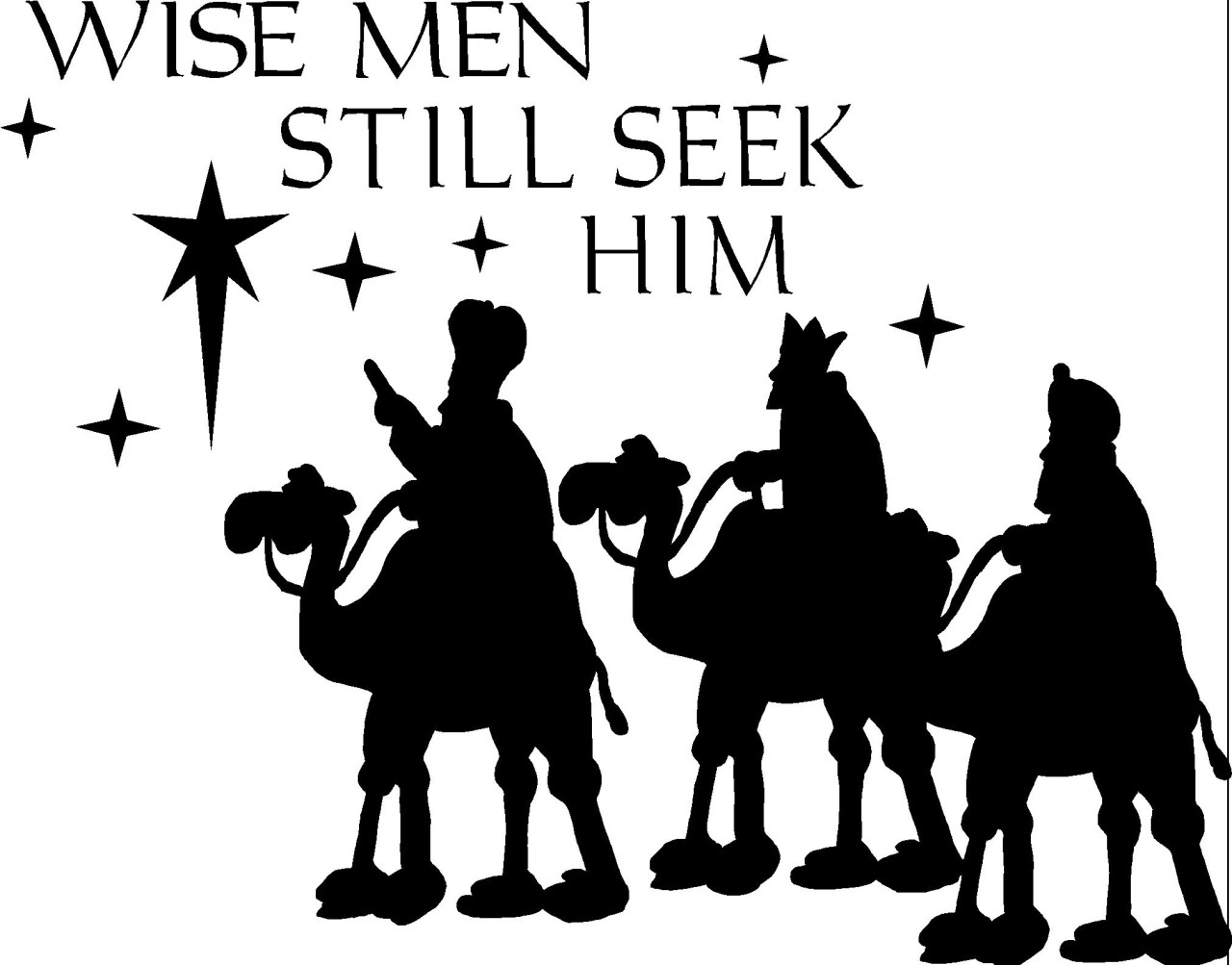Wisdom 6:12-16
Psalm 63:2, 3-4, 5-6, 7-8
1 Thessalonians 4:13-18
Matthew 25:1-13
In the world of Christian ethics and Catholic theology, Matthew 25 has come to be associated predominantly with only one of the parables that appears there. It has become a shorthand reference to the judgment of the nations where the Son of Man will separate the sheep from the goats, and grant the Father’s inheritance to the former because of their acts of mercy. The message of the parable is straightforward and powerful: “whatever you do for the least of your brothers and sisters, you do for me.” Our salvation depends directly upon our service to the poor, for Christ himself dwells within and among those in need. The parable leaves no room for supposed prudential discriminations or nuanced qualifications about one’s particular state in life. “Did you feed me or not? Did you clothe me or not? Did you care for me or not? Did you visit me or not?” It doesn’t matter whether we knew it was Him; the only thing that counts is how we responded to what we saw. Understandably, this parable has become a locus classicus for Catholic social teaching, since it puts forth service to the poor as a matter of eschatological importance and explicitly equates solidarity with the poor to solidarity with Christ. We are all, I would think, very familiar with this particular theological application of Matthew 25.
In comparison to the parable of the sheep and the goats, the two other parables in this chapter receive relatively sparse attention, at least in ethical literature. Yet they are no less important to the larger eschatological discourse of which they are a part. And I would submit that they offer complementary views of the final judgment that, when taken together, render a more comprehensive picture of human salvation.
This Sunday’s readings give us the opportunity to explore one of these complementary parables, namely that of the ten virgins, which appears at the outset of Matthew 25. It begins the same way as the others, with Jesus saying essentially, “let me tell you what the kingdom of heaven is like.” We too often treat these openings as throwaway lines, as mere textual reference points to mark the beginning of a new section. In this parable especially I think it tells us much more. Who asked about the kingdom of heaven, anyway? Who wants to know? In this part of Matthew, Jesus is in the middle of a larger discourse on the apocalypsis, in which he has already said and done things that would make his audience (us) uneasy about what is to come. He has already made it clear that the end will not be smooth and orderly; “everyone won’t be treated just the same” as a Johnny Cash song once put it. Yet this impending doom which Jesus is describing also marks the coming of the kingdom of heaven. Matthew presumes that Jesus’ audience both then and now are longing for a kingdom in which the communion found in and through the person of Christ might be made universal, in which the sovereignty of divine love would be definitively and irrevocably manifested.
This longing is present in all of us; we all desire the kingdom of heaven, not matter how we imagine the manner and quality of its coming. The ten virgins beautifully portray this deep human desire: they take their lamps and go out to meet the bridegroom. Even amidst the growing darkness, their hope impels them to venture out and meet the object of their desire. The darkness would have been deep indeed in this context, before the encroachment of ambient electric streetlights, but so would have been the desire bound up with meeting the bridegroom. Marriage in first century Judaism was not a lifestyle choice or even a matter of human friendship; it was (and remains) a mitzvah: an act of obedience to God by which the human person is blessed with divine favor and fullness of life. Marriage brings with it status, protection, stability, new life, wholeness. The coming of the kingdom of heaven is like the beginning of a marriage, in which we discover and embrace the missing part of ourselves, in which another breathes upon us and introduces us into a new life truly worthy of the name.
Yet these virgins, these seekers, are divided into two groups from the very beginning. “Five of them were foolish, and five were wise.” We all desire and seek the kingdom of heaven, but we do not all desire and seek it wisely. What then differentiates the two groups? In his homily on the parable St. Hilary of Poitiers writes,
The wise virgins are those who, embracing the time available to them, were prepared at the first onset of the coming of the Lord. But the foolish were those who were lax and unmindful. They troubled themselves only over present matters and, forgetting what God said, did not direct their efforts toward hope and resurrection.
Here we begin to see some interesting and puzzling differences between this parable and the other, more well-known one later in the chapter about the sheep and goats. First of all, the differentiating factor in this parable is not so much what each group does or does not do, but rather what each group has or does not have. And the commodity in question is, of course, oil. It would hardly be over-allegorizing the parable to presume that this oil signifies something more than merely material, logistical foresight. In the context of the ultimate eschatological distinction being made here between the righteous and the unrighteous, what is this oil that makes all the difference?
St. Augustine suggests that the oil signifies charity. St. Epiphanius suggests compassion. It seems plausible to say that the oil refers to some inward reality insofar as the external actions of both groups of virgins are all but indistinguishable. They both go out to meet the bridegroom; they both take their lamps; they both wait; they both fall asleep; they both hear the cry of the bridegroom’s approach; and they both wake up and trim their wicks. They do the exact same things, but again the difference lies in what they have.
This aspect of the parable seems to run directly contrary to the differentiating factor in the parable of the sheep and the goats. It did not matter that neither those on the left nor those on the right recognized who they were helping; all that mattered is what they did. Their inward recognition, their “subjective appraisal” of who they were helping was the same. It was what they did that set them apart from one another. They both saw someone in need; one group acted upon that need, while the other group didn’t.
That brings up an even more startling point of comparison between the two parables. Namely, within the context of the later parable, how might the virgins with the extra oil be judged? Would they be among those on the left or those on the right? Does not their refusal to share their extra oil indicate a lack of charity? a lack of compassion? Are they not neglecting to aid the “Christ in their midst?”
It is actually at this point that we can begin to see the complementarity between the two parables. In order to defend his view that the oil represents charity, St. Augustine fruitfully appeals to St. Paul’s famous hymn to charity in his First Letter to the Corinthians. St. Paul opens his encomium to love by proclaiming the uselessness of outward actions unaccompanied by charity. Likewise, says Augustine, the oil is “the superior part” which floats above the “water” of our outward actions. What profit are tongues, prophecy, knowledge or faith without love? “Even if I give all I have to the poor, and give over my body to the flames, I gain nothing without love.”
Augustine reads “the lamps” in this parable as a clear reference to good works. Their common status as virgins, and their common possession of “lamps” further underlines the equivalence of the two groups with regard to their outward actions.
They are both virgins, and yet half are rejected. It is not enough that they are virgins by reason of abstinence from unlawful indulgence of the senses. But they have lamps by reason of good works. Of these good works the Lord says, ‘Let your works shine before men, that they may see your good works and glorify your Father who is in heaven.’
The foolish virgins are set apart from the wise because they do not have enough oil to last to the time of the bridegroom’s coming. Many of the ancient commentators, like St. Hilary, surmise that this deficiency reveals a difference in motive. “They troubled themselves only over present matters.” Their deeds were the same, yet their lamps burned with an oil that would not last, and so the scope of their motivation for their deeds comes to light. Augustine would go further to say that their lamps were shining “for the praise of men.” They went out to seek the bridegroom, but they were not prepared to seek him at midnight, in the deserted streets with no onlookers in sight.
In other words, the discrepancy in the oil supply actually reveals the seemingly identical actions of each group to be utterly and decisively different. The lamps of the wise virgins were lit with an oil that sustained them not only for the journey to the bridegroom’s house, but through the inevitable sleep that overtook them in their long period of waiting. The sleep here, as the epistle reading suggests to us, is a clear reference to death, to the transition from this life to the life beyond, where we will shall meet the bridegroom face to face.
So while the parable of the sheep and the goats makes it clear that our love for the Lord is nothing without concrete works of mercy, this preceding parable also reminds us that good works are nothing without the charity that directs them to the Lord. The parable of the sheep and goats rightly asks us whether we have acted upon the needs of the poor in our midst, but not before this parable asks us whether we have done it out of a love that endures to the end, or rather out of more provisional, self-directed motives.
This week’s Gospel invites us to inspect our lamps: are they kindled by concerns and desires related only to the present life, or do they burn with the enduring oil of charity, which even the darkness of death itself cannot extinguish? Each of us individually must take up this invitation, for in that final day we cannot substitute our hearts for another’s, no matter how compassionate they may be. It is an invitation that should elicit from us a grave sobriety and an earnest petition for the graces necessary to preserve until the end.
Our lamps must stay lit! But how? The parable should leave us with the liberating realization that none of us, no matter how well-intentioned, can produce enough oil by our own effort to last until the end. No amount of effort, cleverness or foresight will suffice to save our souls on that day. We must rely continually upon Him who first supplied us with this lamp and this oil, upon Him who first called us to venture out into the night to meet Him and accompany Him to this wedding feast. Working vigorously to meet His needs in the poor among us, let us pray that He will continue to fill our darkened lamps with the oil that never burns out.



